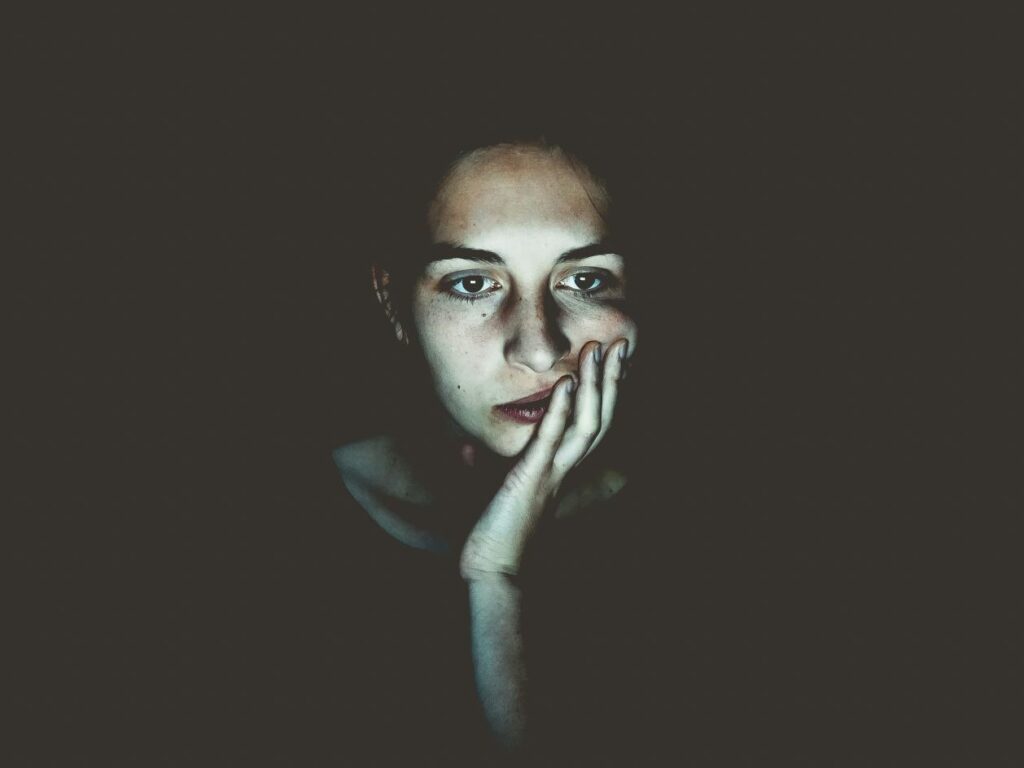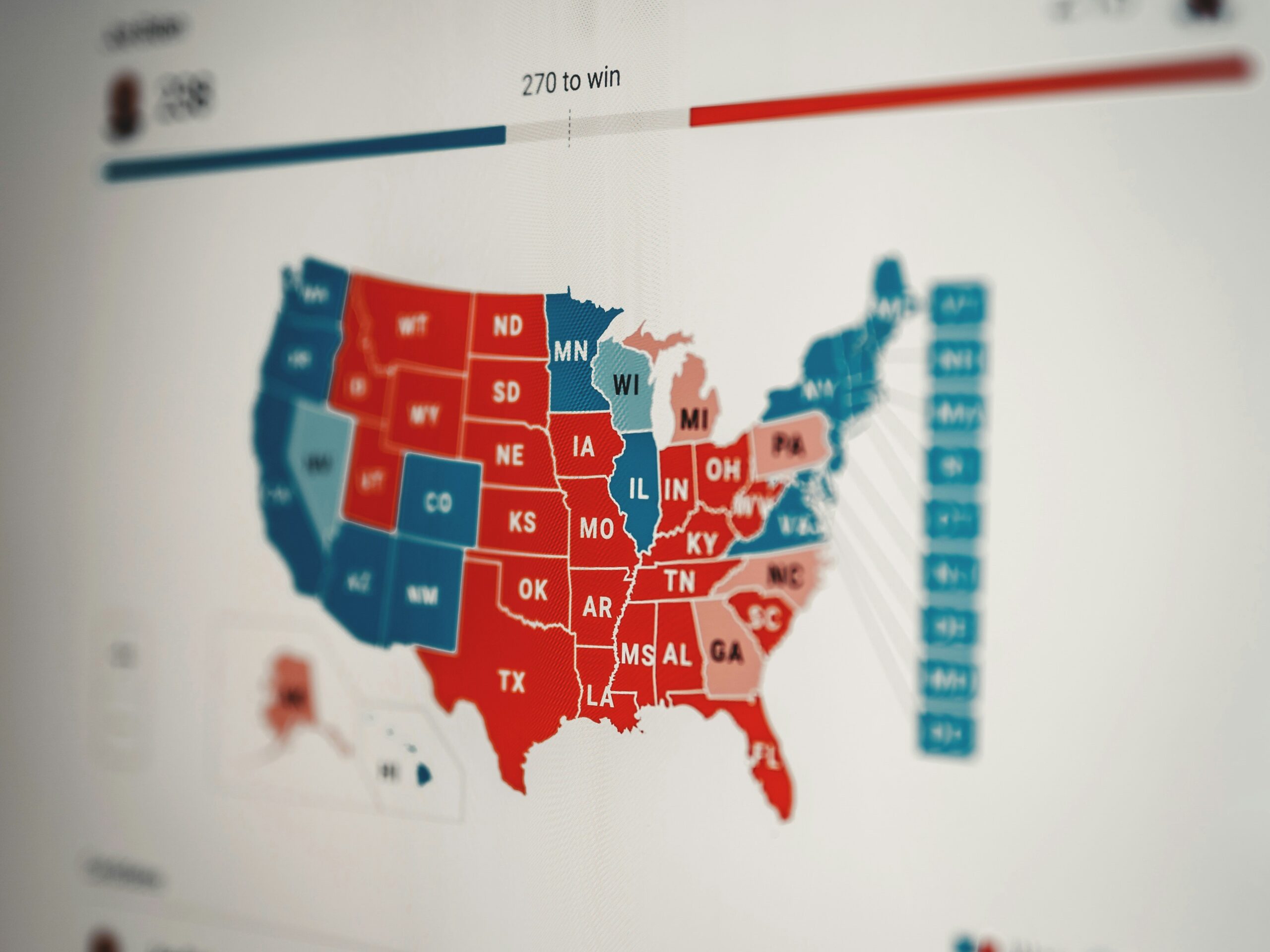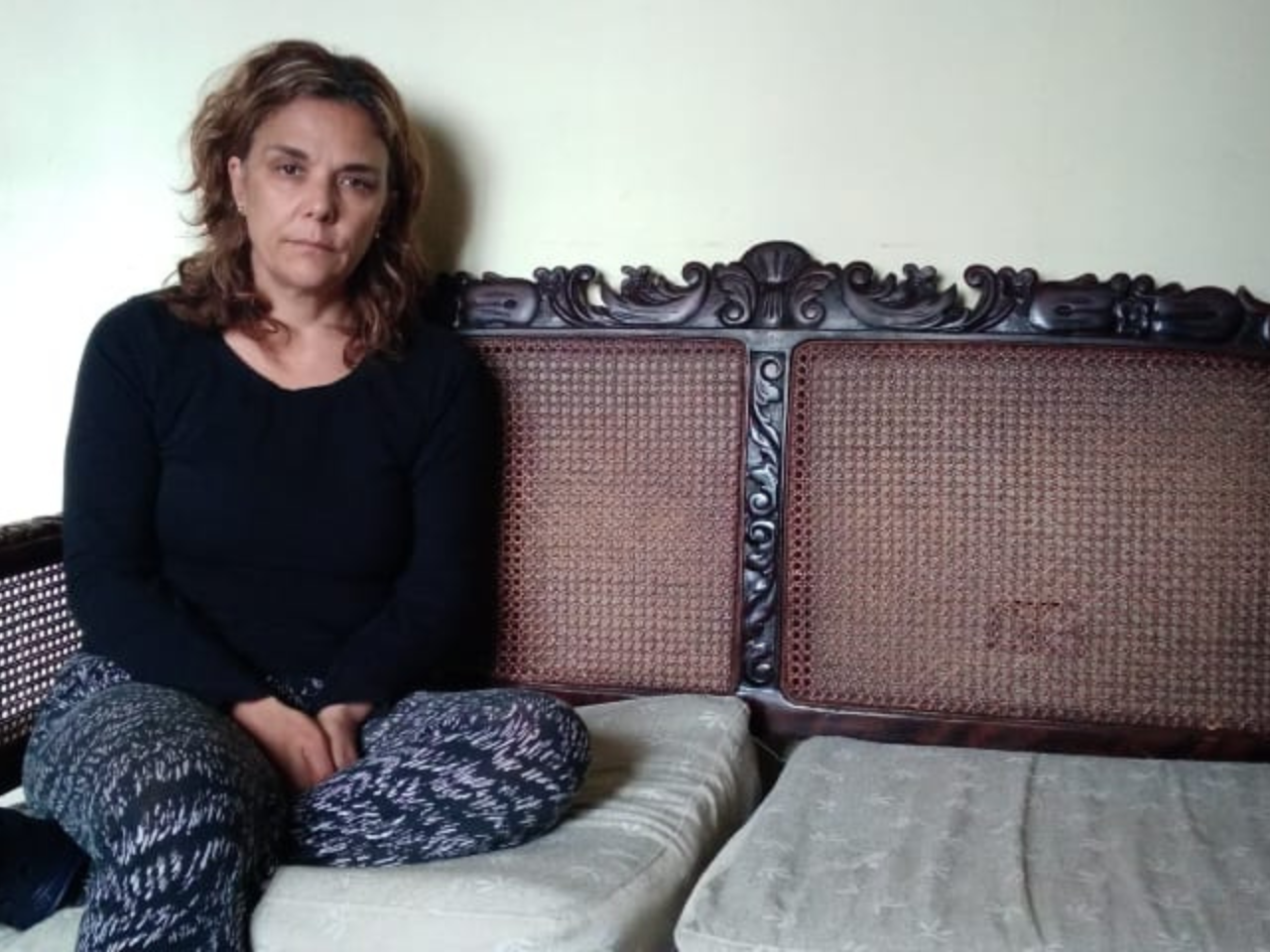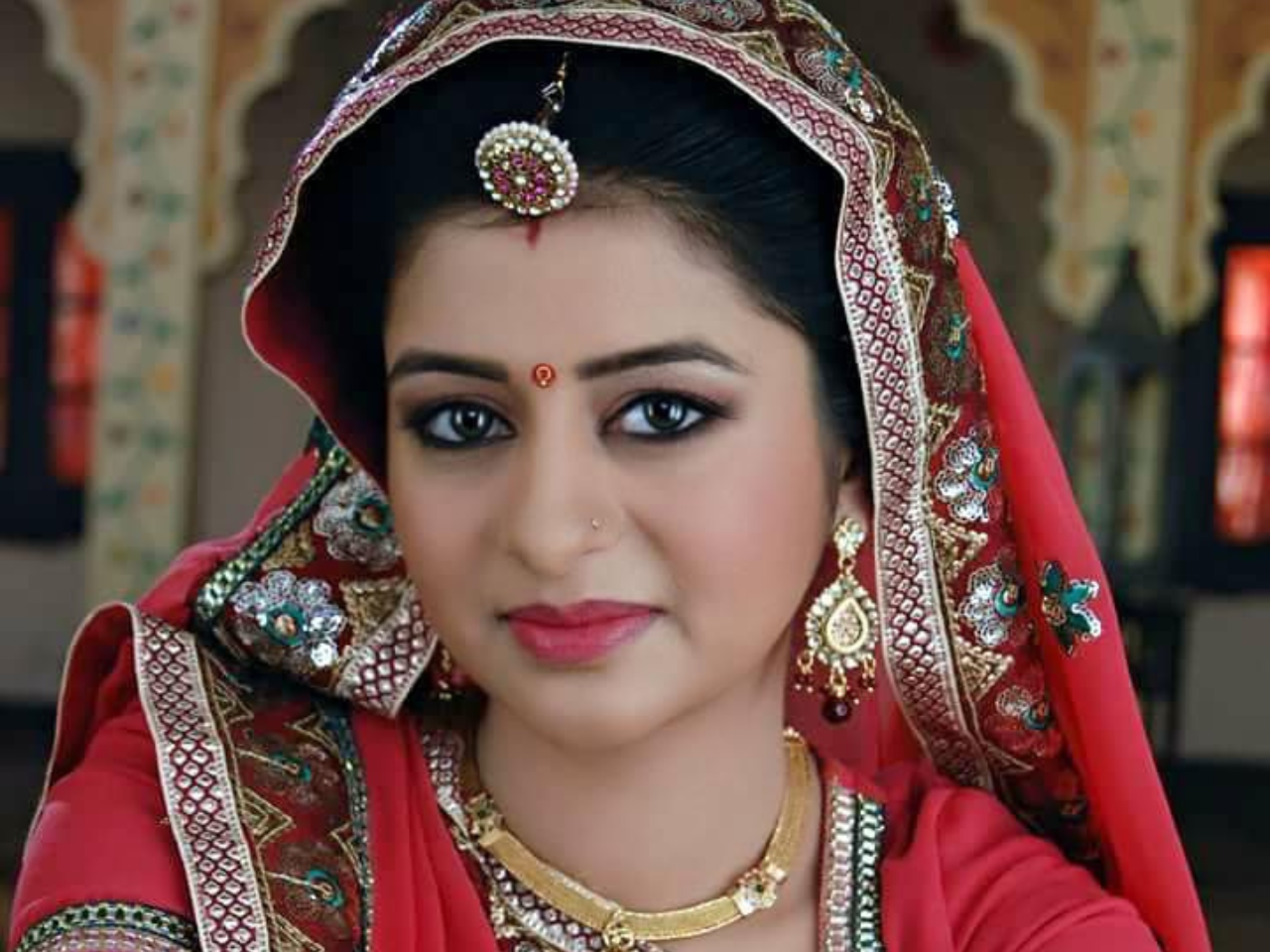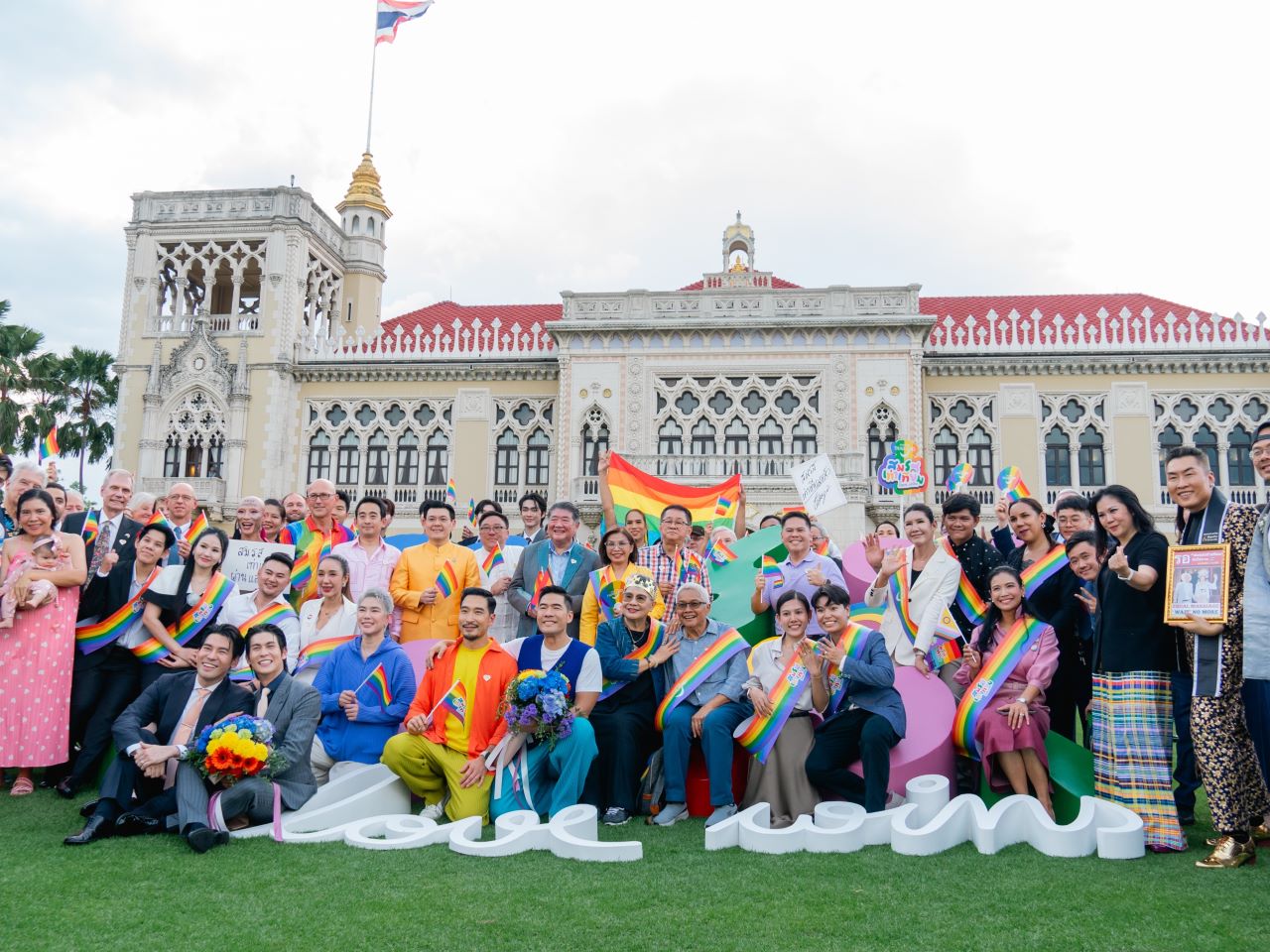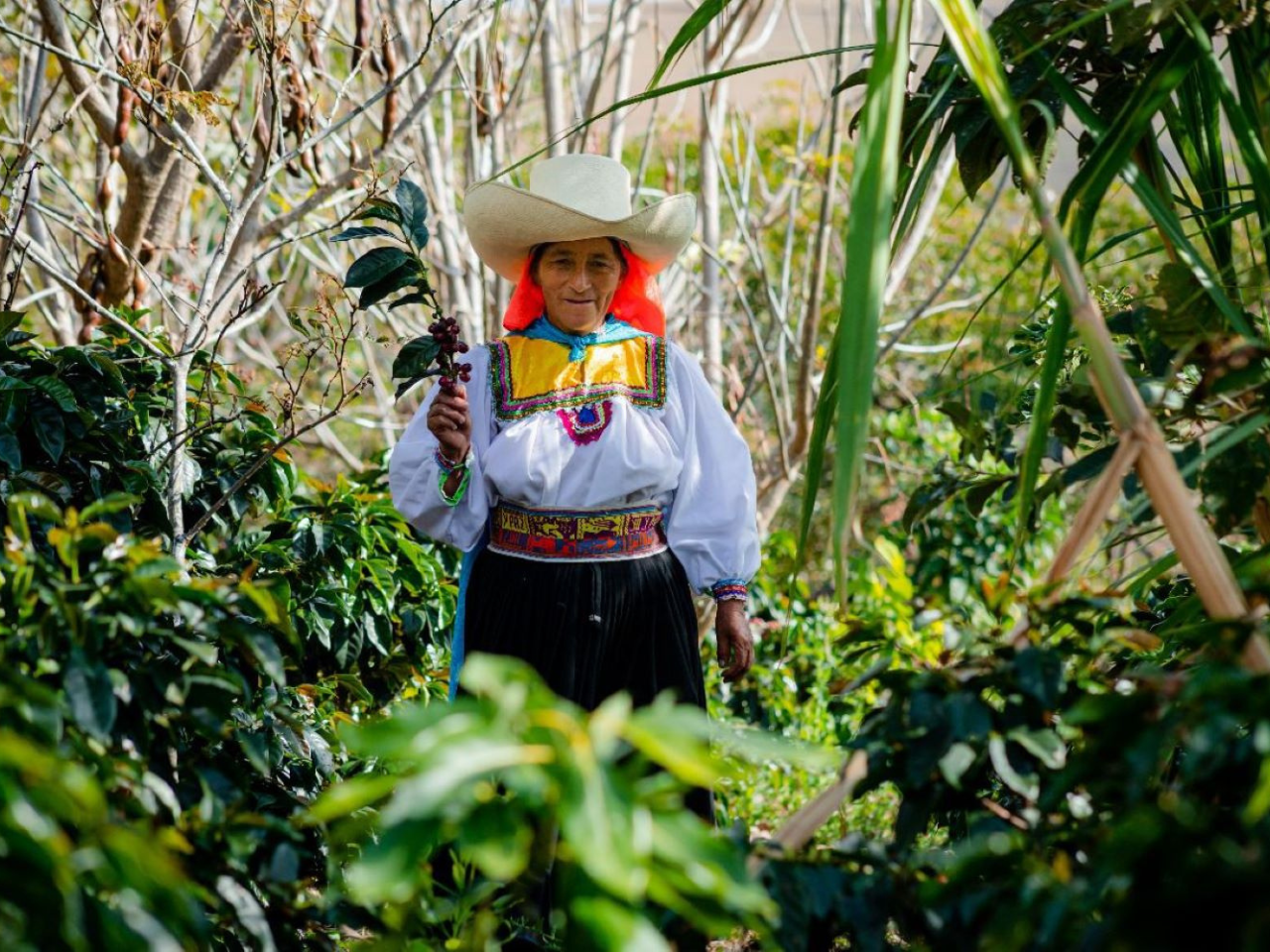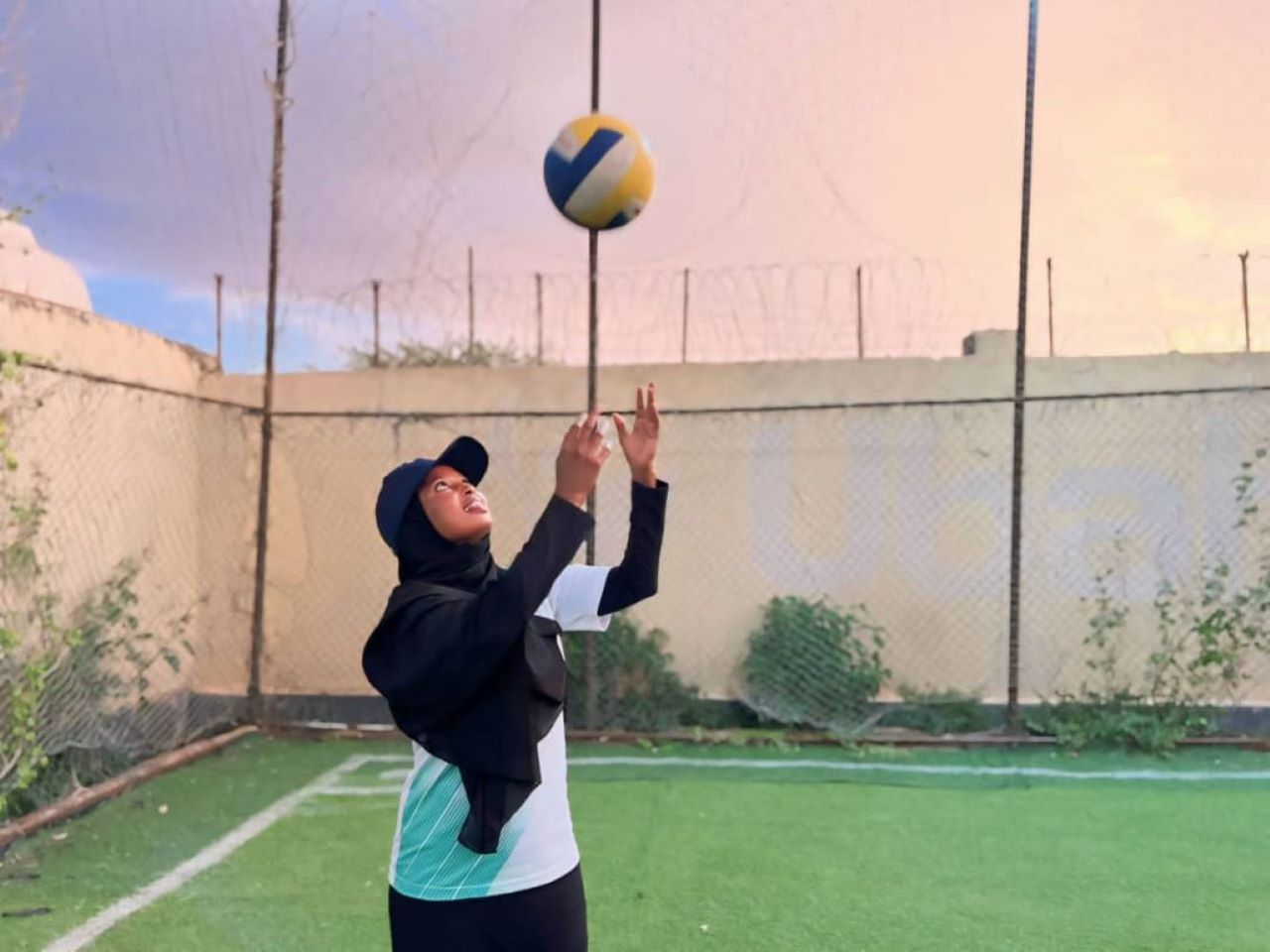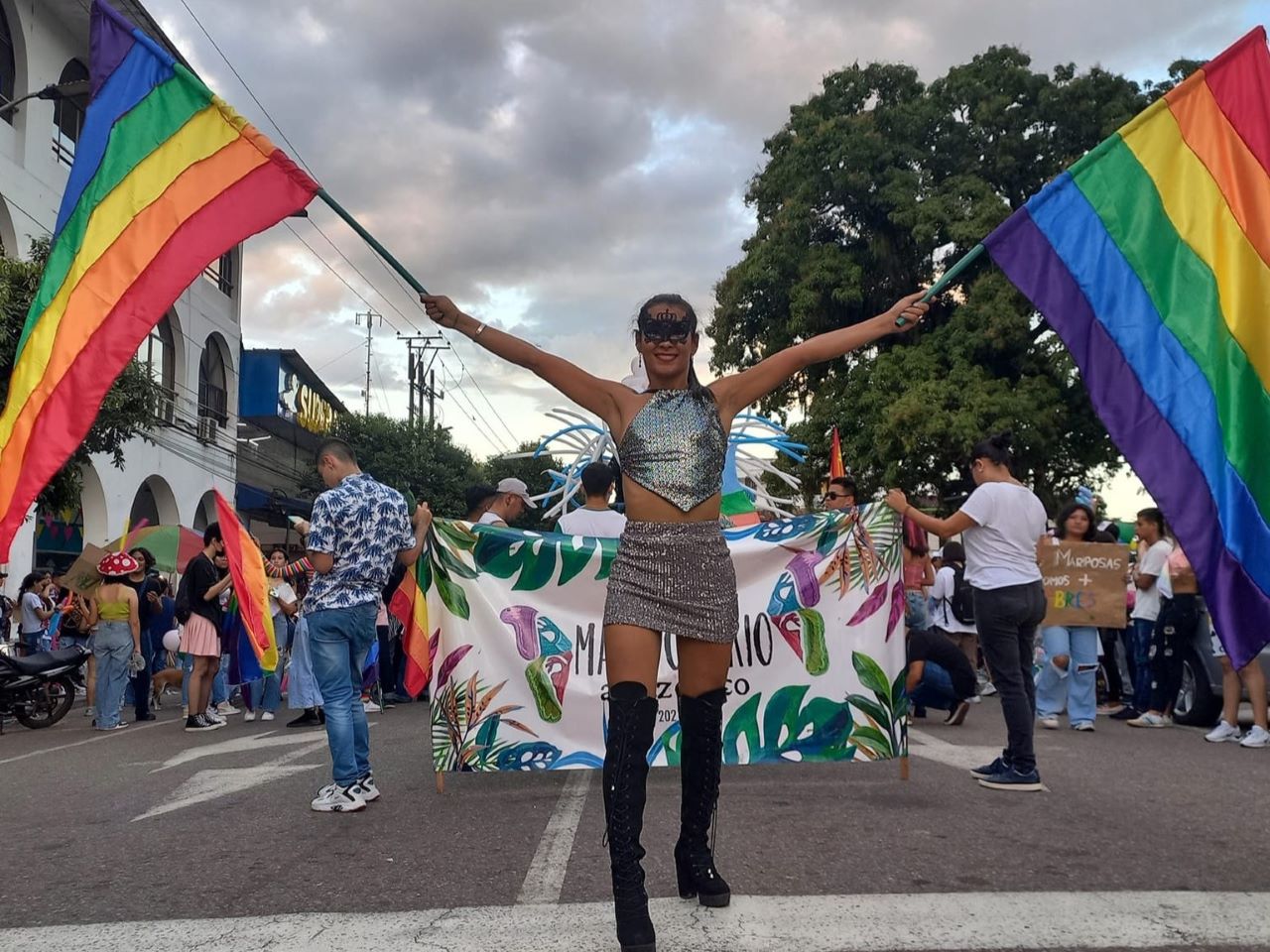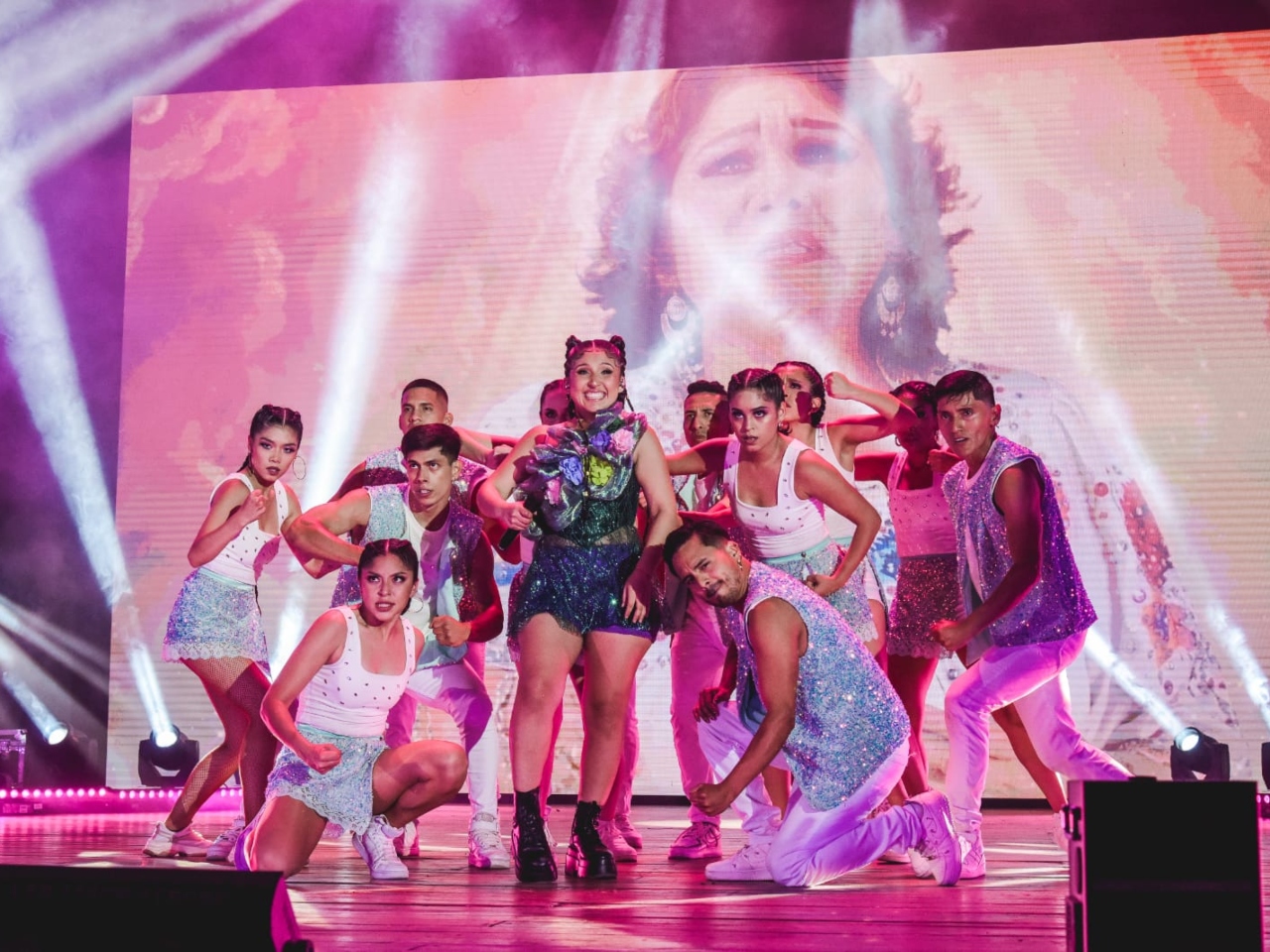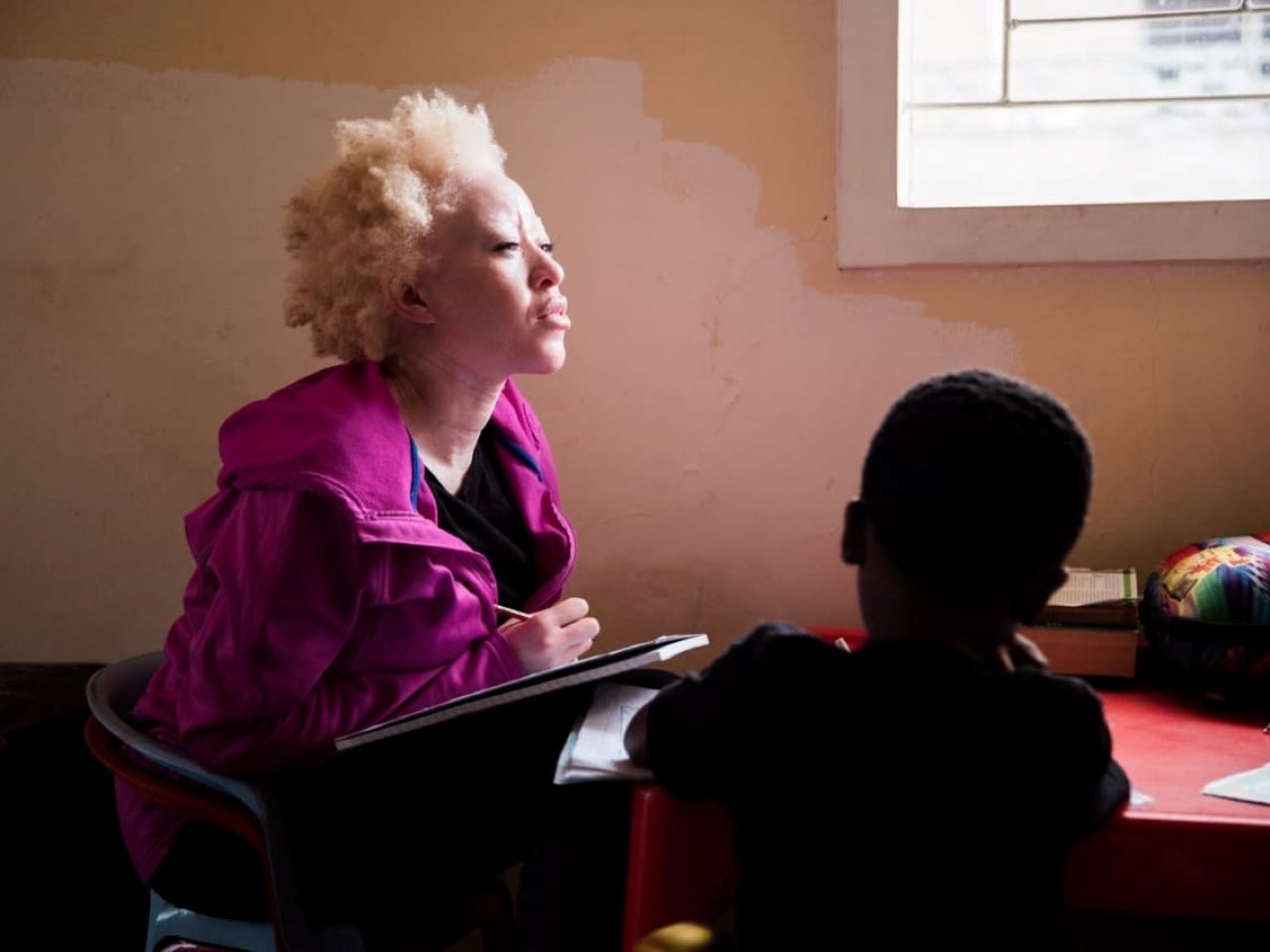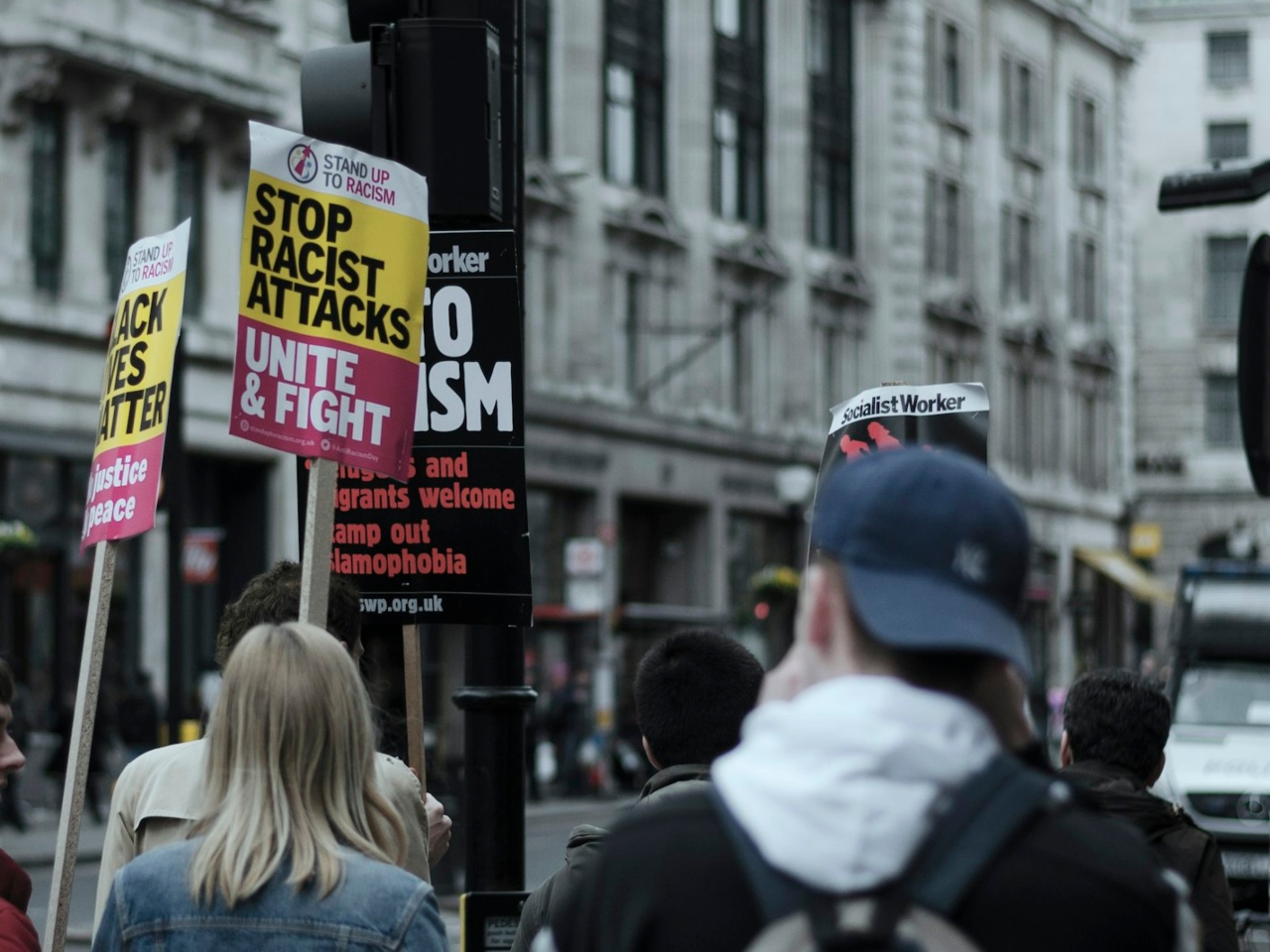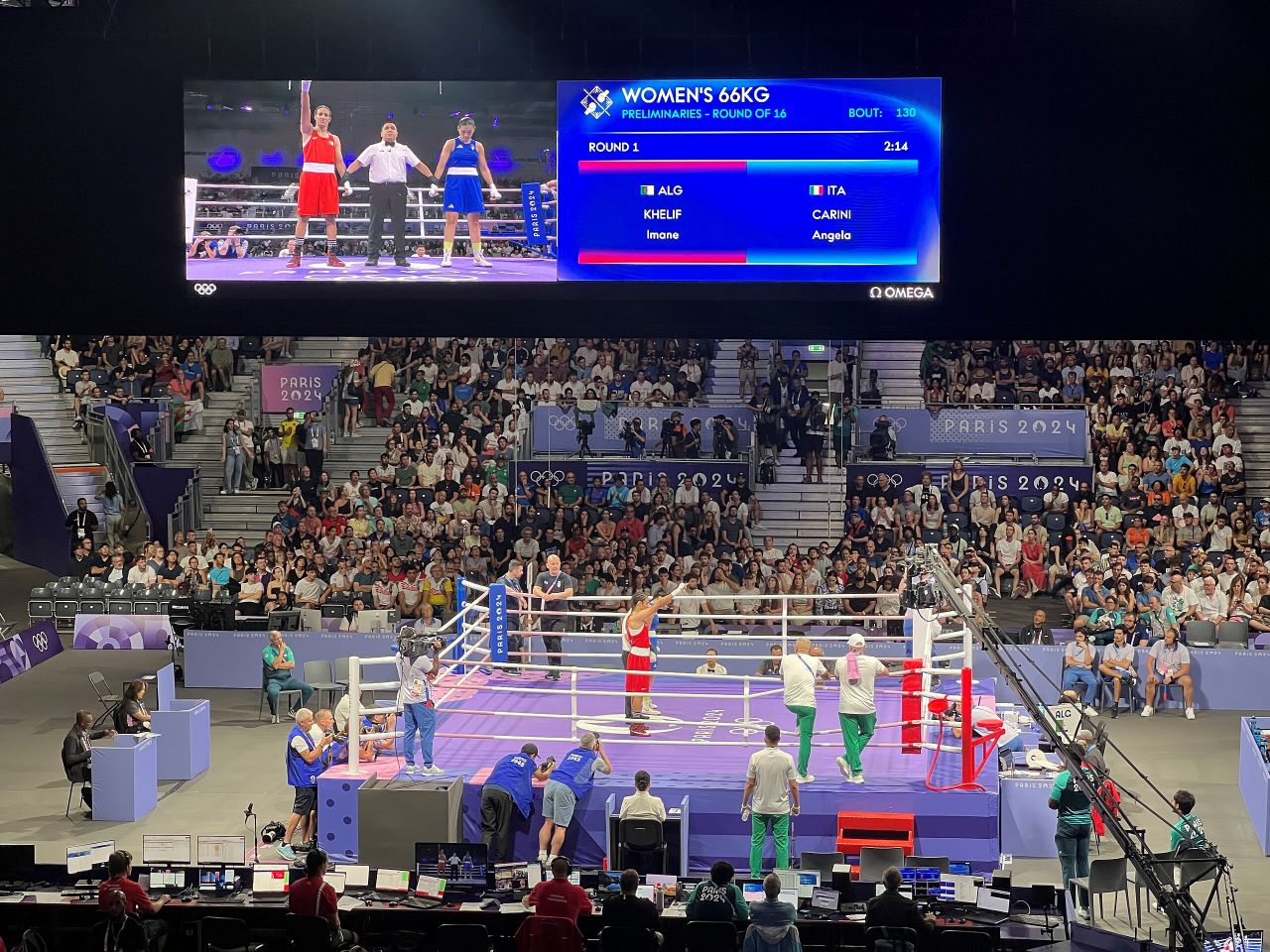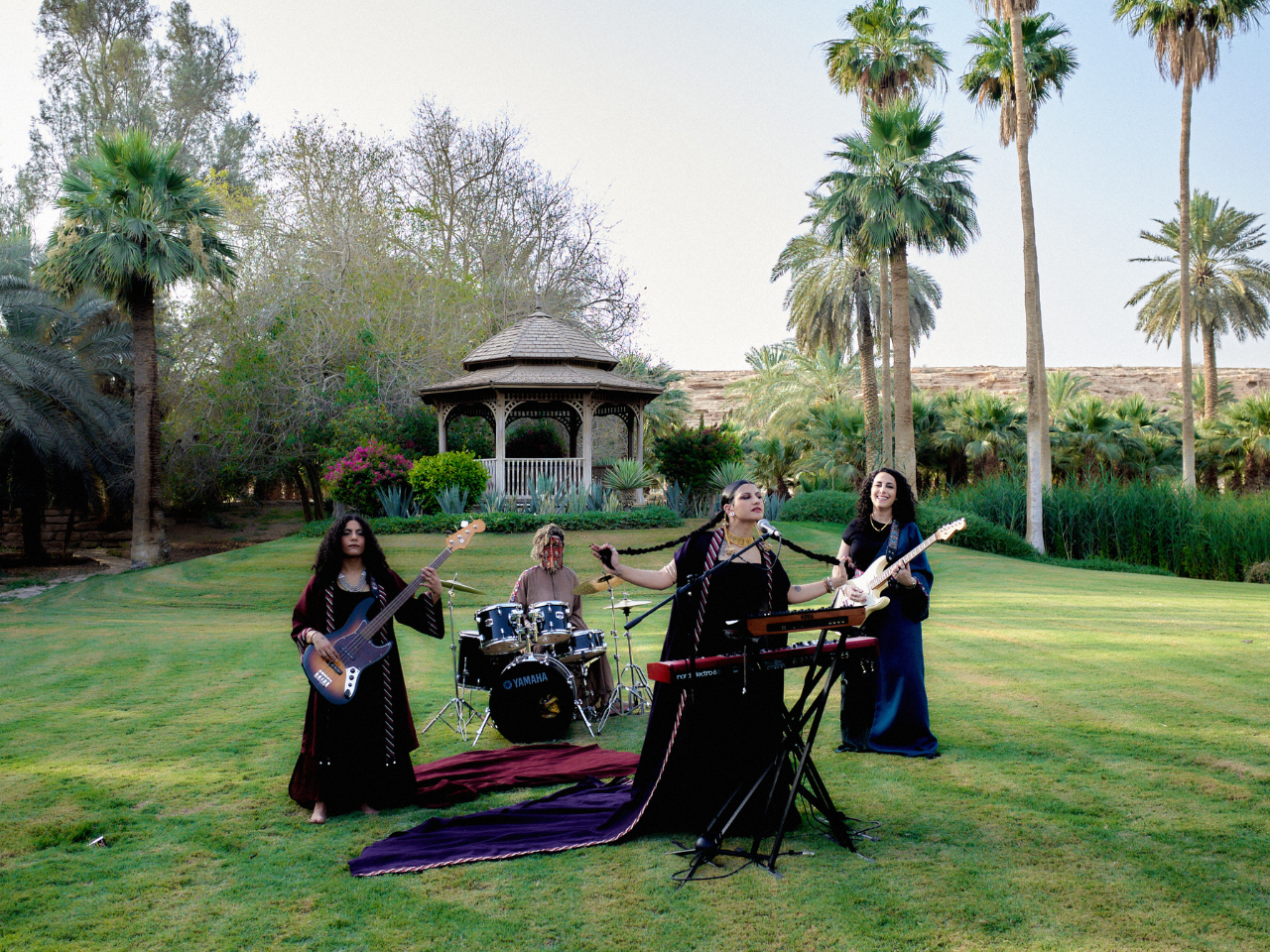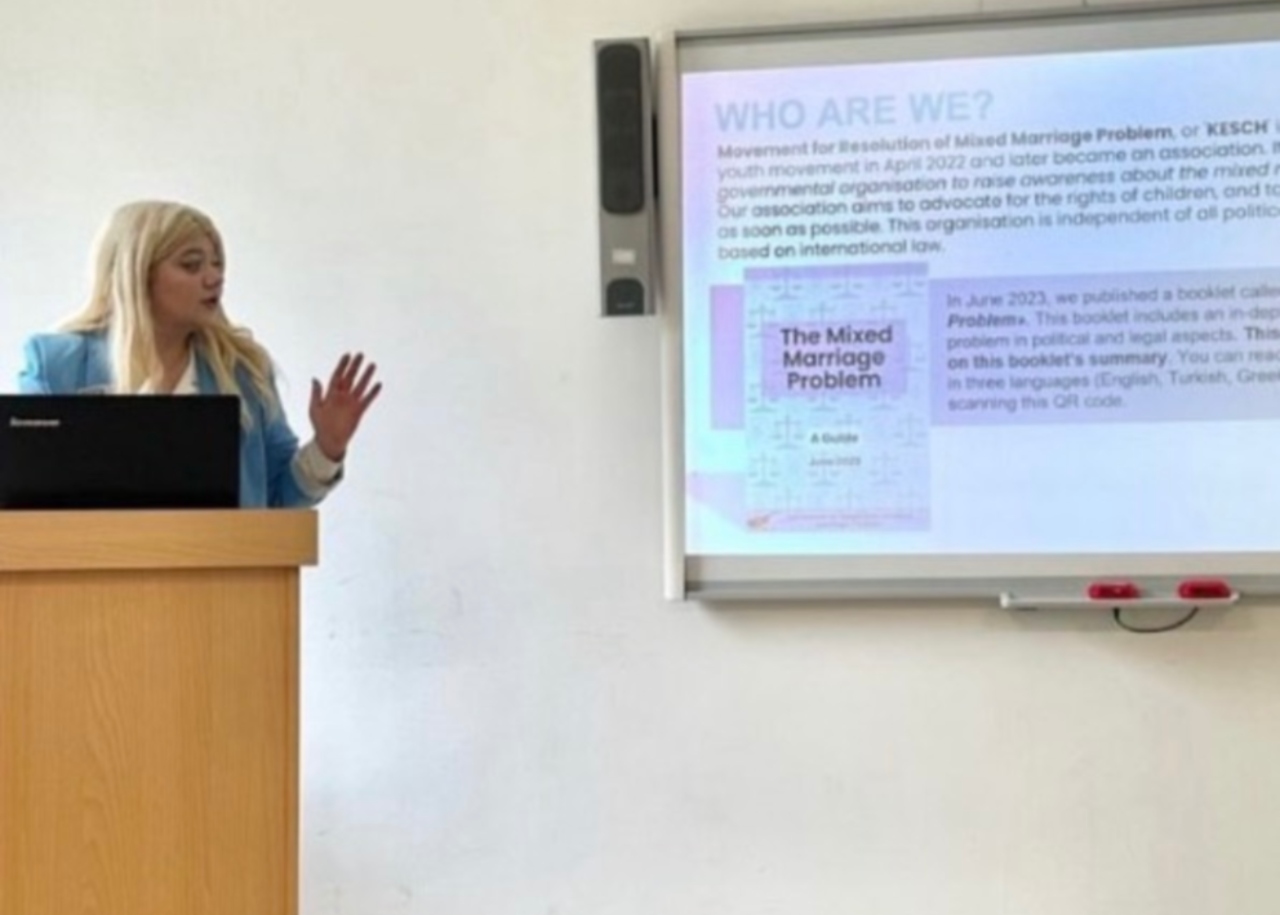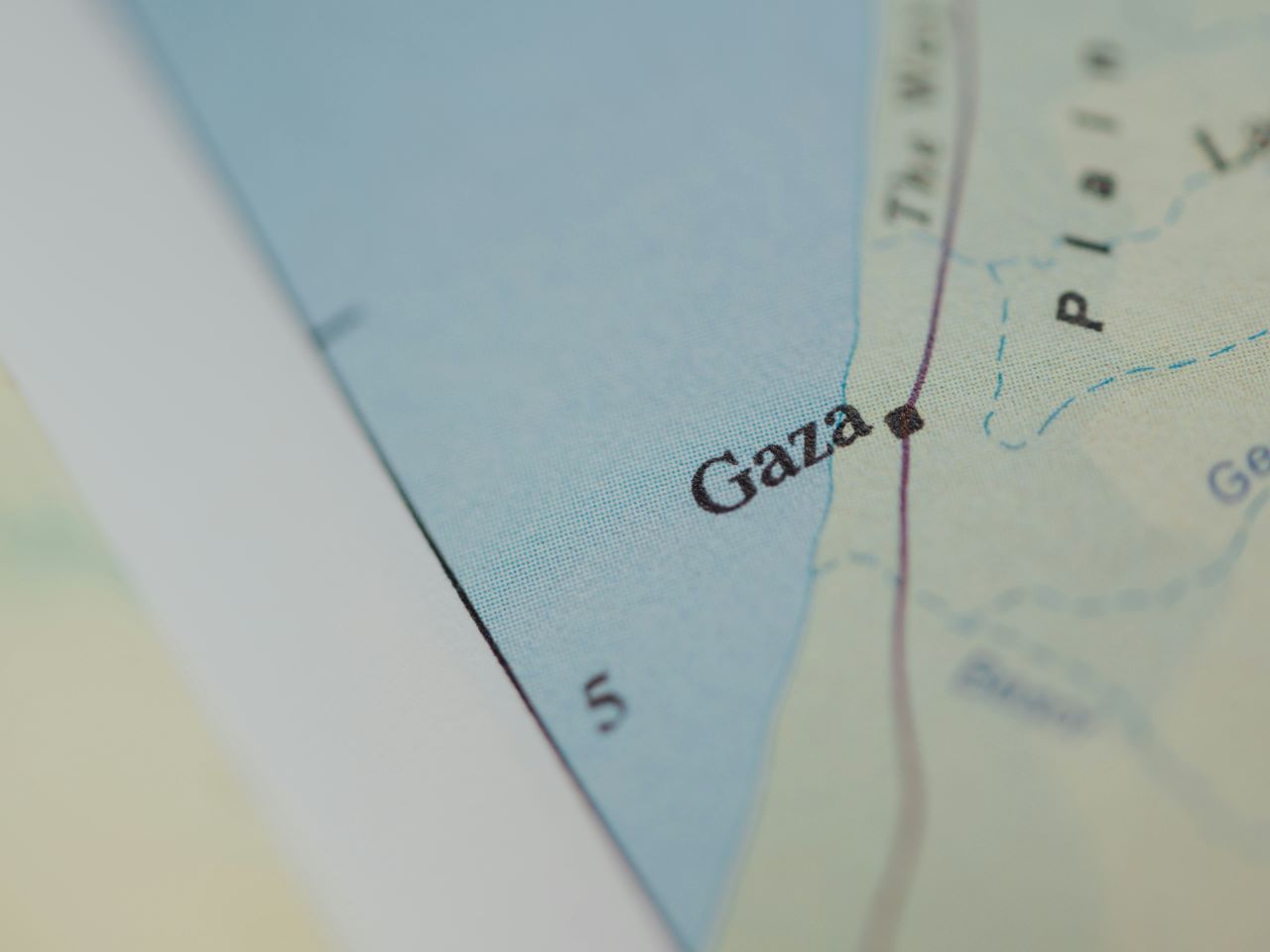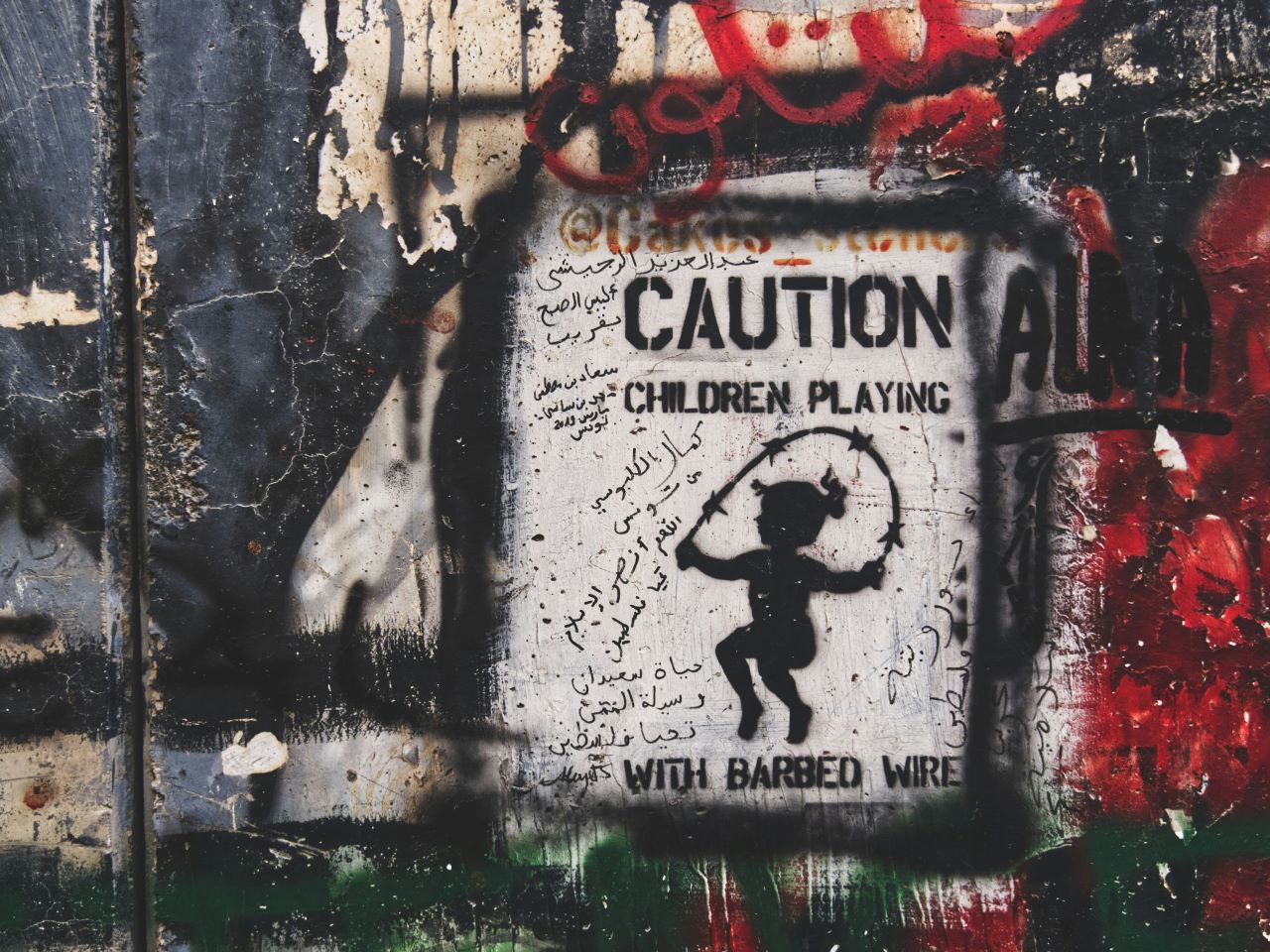Poet and journalist in Egypt faces intense cyberbullying: “The collective male mindset targeted my body”
It has become so normalized that if you disagree with a man, you criticize his ideas; but if you disagree with a woman, you attack her body and her morality. In the darkness of this form of conservativism, no one refutes it. As an intelligent woman in Egypt with my own ideas, the bullying takes myriad forms.
- 2 years ago
August 6, 2024
Orato journalist Mahasen Hawary met with Fatima Naoot, an Egyptian poet, engineer, and human rights activist. The two engaged in conversation about women in conservative Arab societies and the challenges they face as thinkers and opinion-makers. The journalist asked her about her response to campaigns that attempt to morally and ethically assassinate her character rather than engage in substantive debate. Ms. Naoot shared these thoughts.
Being born in a conservative society in Egypt, I saw women treated like disabled creatures who need a crutch in the form of a man. My own problems began many years ago, but they are not my problems alone. Women who think and ask questions in society, become like strange beings, as if we should not exist. We appear to move beyond the natural boundaries set for us. Expected to allow others to think and decide for us, we cannot truly lead.
I am a woman with independent ideas in Egypt, in a conservative society often viewing women as mindless. I experience a culture where women represent mere bodies designed to please men, carry children, give birth, and raise them – nothing more. Consequently, the collective male mindset targeted my body, harassing me relentlessly and going as far as fabricating indecent images of me.
Escalation of bullying degrades woman poet, activist in Egypt
In the reactionary mindset of Egypt’s conservative culture, the simplest way to attack a woman is to degrade her. Throughout my intellectual journey, I faced many forms of bullying, but the fabrication of vulgar photos felt deeply disturbing. When someone published these pictures and others began spreading them widely, I felt upset and distressed. Even in a more civilized society, an experience like this would bother a woman.
It has become so normalized that if you disagree with a man, you criticize his ideas; but if you disagree with a woman, you attack her body and her morality. In the darkness of this form of conservativism, no one refutes it. As an intelligent woman in Egypt with my own ideas, the bullying takes myriad forms.
In addition to fake nude photos, bullies mock my appearance. For example, they make fun of the shape of my nose. Sometimes I wonder, “If I like my nose, why does it bother you?” I cannot understand why attacking someone’s facial features feels appropriate.
My reaction to bullying changed over the years. In the beginning, I often cried. When I expressed an opinion or shared a poem, people launched full campaigns against me. Some professors at my college who since passed away made their mark on Egypt’s cultural life and in doing so, stirred up stagnant waters. I leaned on them for support.
At that time, as a young poet recently graduated from the Faculty of Engineering, I maintained an idealized image of the world. I drew from my Sufi father’s perspective and the education I received in a school run by nuns. I never imagined at that time how cruel people could be.
Despite attacks on her and her family, woman continues to call for justice
The world of poetry supposedly represents a realm of delicate feelings, emotions, and imagination. Yet, the gossip and hatred I encountered shocked me. The attacks on me publicly escalated to moral assassination. In response, I once wrote an article entitled “My Ordeal with Intellectuals,” as I grappled with feeling psychologically broken. I isolated myself for a while from the cultural community, having once idealized it.
As I grew accustomed the cyberbullying, these people took it a step further. They targeted my autistic son. Their evil and harsh words felt like daggers stabbing me. “If you were a good woman, God would not have given you an autistic son,” they said. “This is God’s punishment in life, in addition to the punishment you will get in the afterlife.” The pain of those words felt unsurmountable. It marked a new episode in my saga in their desperate attempts to demonize me.
Today, I have adjusted to the reality in Egypt. The praise no longer dazzles me, and I shrug the bullying off. Most of the hate campaigns stem from my calls for justice and citizenship. The women of Egypt exist in a society that leans towards racism and racial and gender discrimination. They differentiate between men and women, Muslims and Christians, and the rich and poor.
When someone like me advocates publicly for citizenship and justice, people become very agitated, especially if the voice comes from a woman. Most of my journalistic and poetic writings remain preoccupied with justice. Therefore, I constantly fight injustice.
Arrested and convicted, women fights on and sees some improvement in opportunity for women in Egypt
The culture of Egypt remains so male-dominated, women often take on male names. If a woman’s name, for example, is Khadija, she might refer to herself as Om Saeed or Om Mohamed, using her son’s, husband’s, or brother’s name. She cancels her own name to conform to society and gain its approval. In a way, she colludes in erasing her independent identity to align with social norms. I stand against those norms.
Some years ago, I advocated for a civil state in Egypt, free of religious discrimination. My vocal opposition to religious rule through writing and speech culminated in a controversy over the Muslim holiday tradition of sacrifice.
When I criticized animal slaughter taking place in public in front of children, a lawyer filed charges against me. I fought a fierce legal battle, experiencing firsthand the meaning of a “legal war.” In 2016, I received a prison sentence for alleged contempt of religion. It felt like a malicious case from the start.
Initially sentenced to three years, they reduced my conviction to a suspended six-month term. Remarkably, Egyptian legislation later criminalized public slaughter, shielding children from the sight. Despite personal attacks and moral assassination attempts, I do see improvements in women’s status in Egypt.
The political leadership now honors women with important ministerial roles and governorships—a first in our history. While I acknowledge these significant steps, I hope religious institutions will further respect women’s rights by preventing child marriages and addressing polygamy. More must be done.

